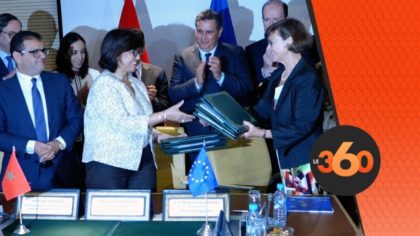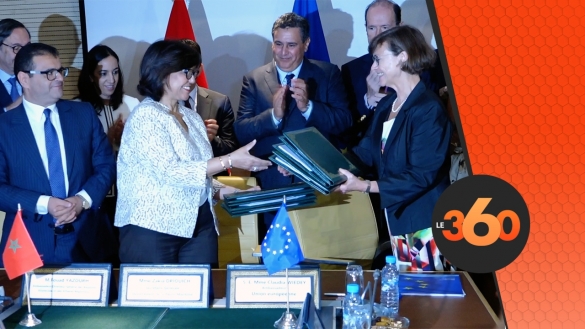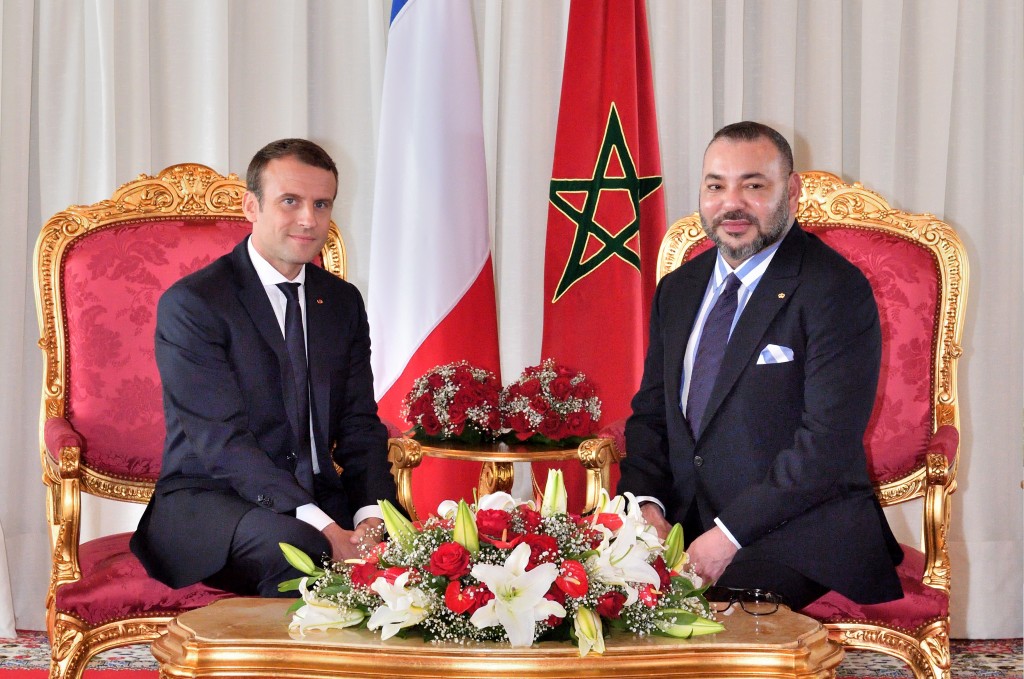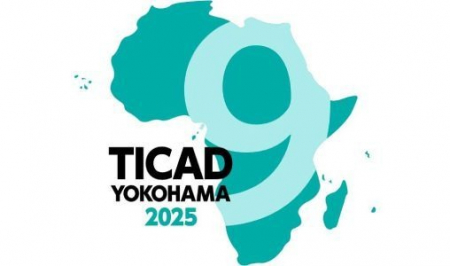 Morocco and the European Union (EU) initialed this Tuesday (July 24) in Rabat a new fisheries agreement marking the end of three months of negotiations.
Morocco and the European Union (EU) initialed this Tuesday (July 24) in Rabat a new fisheries agreement marking the end of three months of negotiations.
The four-year agreement will enter into force after ratification by the European and Moroccan parliaments.
Through this new fisheries agreement, the European Union has just confirmed that partnership with Morocco is so firm and that the Kingdom constitutes a regional power in the Mediterranean and North Africa.
The EU ambassador to Morocco, Claudia Wiedey, expressed her pride that these negotiations have led to positive results in less than three months. This is proof of the genuine partnership existing between the two parties. “The agreement includes fishing in the Saharan areas of Morocco,” she confirmed during the signing ceremony on Tuesday in Rabat.
It is a win-win agreement, she also said.
“Morocco has defended its rights and interests through this agreement that will allow bilateral relations to break the impasse since the Moroccan Sahara provinces were included in this agreement,” Moroccan Foreign Minister Nasser Bourita was quoted by the media as saying.
Minister of Agriculture and Maritime Fisheries Aziz Akhennounch, one of the main negotiators for the renewal of this agreement, also confirmed that the 4-year agreement “includes the Saharan provinces and offers the local populations the possibility to benefit from the advantages of this agreement”.
For Morocco, the deal is a recognition of its sovereignty over its southern provinces and its quality as the only interlocutor in negotiating international agreements covering the Sahara.
From the start of negotiations in Rabat, Moroccan officials made it clear that sovereignty over the Sahara is a red line and that agreements signed by Morocco shall cover all its territories including the Sahara. Morocco’s stand has been understood and its warnings heeded.
The Moroccan Ministry of Agriculture and Fisheries said in a release that the two sides agreed on the content of the new sustainable fisheries agreement and its implementation protocol.
The text specifies explicitly the fishing zones and access conditions for European trawlers, according to the categories of fleets and target species.
The level of compulsory landings and fishing categories remain unchanged compared to the former agreement, while the number of vessels concerned by the new agreement would reach 128, the statement said.
Under the former agreement that expired on July 14, the number of European trawlers authorized to operate in Moroccan water was set at 120.
The new agreement provides for an increase of 30 percent of the financial payment to Morocco, which will thus go up from €40 million a year to €52.2 million, the Ministry said.
The two sides also agreed on the implementation of improvement measures to increase benefits for the local populations in the concerned areas, the release pointed out, adding that these populations will benefit from the socio-economic advantages of the agreement, mainly in terms of infrastructure, basic social services, enterprise creation, vocational training, development projects and modernization of the fishing sector.
The number of boarding contracts for Moroccan sailors and fishermen aboard European fishing vessels will also increase, the release said. To bolster the socio-economic impacts on the fishing areas covered by the deal, the text provides for a compulsory landing volume, the same as in the previous agreement, but increases penalties from 5 percent to 15 percent in case of non-compliance with the landing requirements.
Besides, several technical conditions have been included in the new agreement in order to preserve the sustainability of fisheries resources and protect the marine environment, such as a review of catches of small pelagic in the south.
In order to preserve some species, octopus and shrimps are not included in the agreement, which covers the geographical area extending from Cape Spartel to Cape Blanc. The Mediterranean Sea is excluded from this perimeter in order to preserve its resources, which are overexploited.
Fisheries monitoring and control system was also strengthened by making the presence of observers compulsory for some categories that were not provided for in the former agreement, the Ministry said in the release.
Vessels from 11 EU countries (Spain, Portugal, Italy, France, Germany, Lithuania, Latvia, The Netherlands, Ireland, Poland and United Kingdom) will resume their activities in Morocco’s waters as soon as the agreement is ratified.



